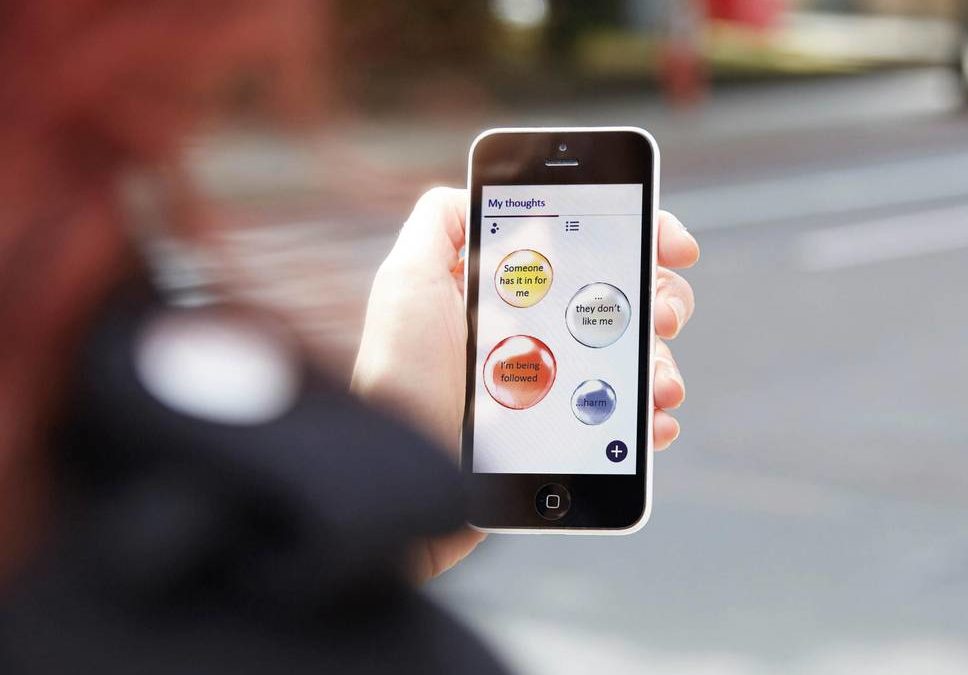We are pleased to share that the results of the SlowMo trial have been published JAMA Psychiatry. The trial found that SlowMo therapy effectively supports people to manage worries about harm from others (also known as paranoia) to help them get on with life.
362 people from three NHS Foundation Trusts took part in the trial, with half being provided with SlowMo therapy and their usual care, while the other half continued to receive their usual care. Over the course of six months, participants were assessed on a number of outcomes, including their ability to slow down thinking. At the end of the trial, the group who had received SlowMo showed reduced levels of paranoia and reported significant improvements to their wellbeing and quality of life. The therapy worked, in part, by helping people slow down their thinking and worry less.
Professor Philippa Garety, Chief Investigator said, “In this trial, we have demonstrated that helping people to slow down their thinking, which is a simple idea, but very difficult to achieve unaided, reduces paranoia in everyday life, and improves quality of life and wellbeing. This has been made possible by devising a brief therapy which uses a powerful combination of therapy sessions and a personalised app. It is at least as effective as longer, more complex psychological treatments for paranoia, which are generally more challenging to deliver and frequently not available in clinical services. The results of this trial have been hugely exciting, and they point a way forwards to harnessing digital technology in the service of developing more effective treatments in the future.”
Sam, who lives with paranoia and took part in the study said, “The focus on fast and slow thinking really helped. The eye catching, helpful bubbles taught me that I can end the cycle of worry, and I do not need to think speedily and start panicking. I have got that now for life. Now all my worries are lessened by SlowMo and I have freedom and peace that I did not have before.”
The trial was made possible with funding from the National Institute for Health Research and the Medical Research Council (Efficacy and Mechanism Evaluation). The team now have funding to develop SlowMo so that it can be tested in routine NHS services.

